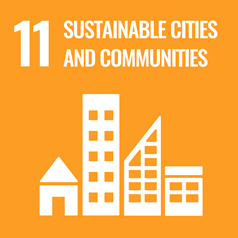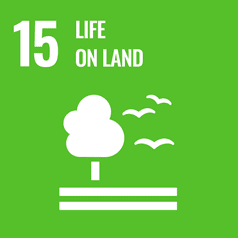Legacy supports conservation research
The land and waters around Australia support approximately 700,000 native species, many of which are found nowhere else in the world. The generosity of alumnus, the late Gregory Knibb is advancing research to preserve natural habitats of native frog species.

Frogs are fascinating and ecologically important creatures that play crucial roles in maintaining the delicate balance of our ecosystems. Frog species are in decline globally and many frog species in Australia are facing significant threats, putting them at risk of extinction. Multiple stressors, including disease, habitat destruction and climate change are contributing to the decline. Understanding where they live and how to protect them helps us improve their chance of survival.
PhD candidate and Gregory Knibb Memorial Scholarship in Conservation recipient, Nadine Nolan is providing a new perspective for the conservation of amphibians. Nadine’s research looks at the need for a multi-pronged approach to action when addressing complex conservation threats. While her current research is focused on two threatened Australian species, the Littlejohn’s Tree Frog (Litoria littlejohni) and the Giant Burrowing Frog (Heleioporus australiacus), Nadine sees each contribution as part of something much bigger.
Without human intervention, extinction events of some of the world's most beautiful and fragile species will continue to occur. Receiving this scholarship has not only enabled me to delve deeper into my research, it has bolstered my prospects of securing further research grants, hopefully leading to even more meaningful contributions to the conservation of endangered species in future."
Nadine Nolan
Gregory Knibb Memorial Scholarship in Conservation Recipient
PhD candidate and fellow Gregory Knibb Memorial Scholarship in Conservation recipient, Oliver Kelly is using the support of his scholarship to research what’s driving the decline of threatened frog species within the NSW National Park Reserve system and to expand Frog Find. Frog Find is an infield and online community science initiative that searches for new frog habitats using acoustic monitoring devices to record frog calling behaviours at night. A single device can collect over 100 hours of acoustic data. With dozens of devices currently deployed, community scientists play a crucial role in helping researchers review the recordings and identify frog calls, which are vital indicators of environmental health.
“While scientists would like to be everywhere at once, it’s simply not possible. Community science is going to be critical for future conservation efforts. Through collective action made possible thanks to Greg’s generous support, we can make the greatest impact in preserving our native species for future generations,” says Oliver.
A life dedicated to the environment
Proud Novocastrian the late Gregory ‘Greg’ Knibb had a passion for the environment, particularly fieldwork under any weather conditions – the hotter the better was his motto. Greg often volunteered for the Conservation Biology Research Group at the University of Newcastle, including several projects to monitor threatened frog populations. His commitment to protecting threatened amphibians endures through his generous bequest.
If you're passionate about conservation and want to volunteer for Frog Find to help protect our threatened frog species, click here.
Our Gifts in Wills brochure details how you can make a lasting impact beyond your lifetime. To receive your free copy, or for a confidential discussion about leaving a gift in your Will, please contact Catherine on the details below.
Contact
- Catherine
- Phone: 02 4921 8612
- Email: bequests@newcastle.edu.au
The University of Newcastle acknowledges the traditional custodians of the lands within our footprint areas: Awabakal, Darkinjung, Biripai, Worimi, Wonnarua, and Eora Nations. We also pay respect to the wisdom of our Elders past and present.


